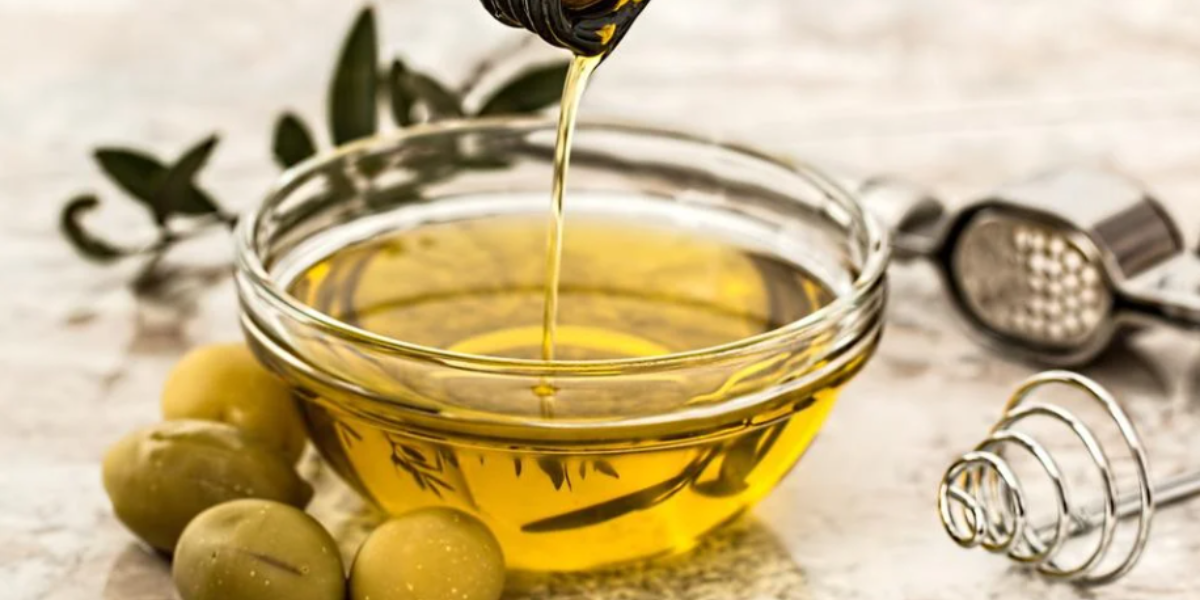The ‘keto diet’, otherwise known as the ‘ketogenic diet’, is an eating plan that promotes high amounts of fat, moderate levels of protein, and low carbohydrates. When your body does not have enough carbohydrates to burn for energy, it burns fats instead. This breakdown of fat produces an acid called ‘ketones’ which becomes a main source of energy for the brain and body.
The metabolic process, which only occurs when your carb intake is low, is called ‘ketosis’ and makes you burn fat faster. The keto diet is also said to be helpful for certain diseases such as type 2 diabetes or heart conditions. But is the keto diet good for fatty liver? Read on to find out!
The Keto Diet: Background Info

The classic ketogenic diet was developed by Dr. Russell Wilder at the Mayo Clinic in 1924, originally as a treatment for pediatric epilepsy because it can help prevent seizures. This therapy was very well received in the 1920s and was carried on to the 1930s until such time that the introduction of modern antiepileptic drugs caused a decline in its popularity.
However, the keto diet has made a comeback in recent years and has even been recommended by some doctors. But what has caused a revival of interest in the keto diet? Far beyond its antiepileptic beginnings, the keto diet has also been found to offer additional health benefits including:
- Suppresses appetite
- Promotes weight loss and maintenance
- Improves cholesterol levels
- Controls high blood pressure
- Increases insulin sensitivity
- Controls blood glucose levels
- Improves brain function
- Reduces inflammation in the body
Is The Keto Diet Good For Fatty Liver?

When on a keto diet, you are advised to consume only 5% carbohydrates (less than 20 grams of net carbs), 25% protein, and the remaining should be 70% of saturated and healthy fats. Your meal plan should be based on non-starchy, low-carb, nutrient-dense foods such as:
- Meat like beef, pork, and poultry
- Fatty fish like salmon, tuna, and trout
- Seafood like crab, shrimp, and squid
- Fruits like avocado, lemon, and watermelon
- Berries like blackberries, strawberries, and raspberries
- Leafy greens like cabbage, kale, and spinach
- Non-starchy vegetables like ginger, celery, and asparagus
- Nuts like walnuts, pistachios, and almonds
- Seeds like sunflower seeds, flaxseed, and chia seeds
- High-fat dairies like whole milk, cheddar cheese, and plain Greek yogurt
- Eggs
- Olive oil
For the keto diet, nutritionists recommend consuming 1 gram of protein for every kilogram of body weight, 10 to 15 grams of carbohydrates daily, and filling up the remainder with fat.

Surprisingly, evidence has been found that the keto diet, which is high in fat, can be beneficial to those with fatty liver. In particular, nonalcoholic fatty liver disease or NAFLD, a condition wherein there is fat build-up in the liver which was caused by other factors aside from alcohol consumption. Here are some of the reasons why the keto diet can be good for fatty liver:
-
The keto diet assists in weight loss.
According to John Hopkins Medicine, there is a strong association between NAFLD and obesity. Excess fat in the body triggers inflammatory signals and encourages the development of fatty liver disease. Therefore, it is important to lose weight when you are at risk of having a fatty liver, especially when you are overweight, have high blood pressure, or have high cholesterol levels.
Weight loss, along with proper nutrition, and exercise are the most effective treatments for NAFLD. In fact, findings of the Harvard Medical School reveal that weight loss can prevent complications, improve, and even reverse fatty liver damage to some extent. Ideally, a decrease of 10% from your overall weight will help normalize liver enzymes and reduce liver inflammation caused by the extra fat. However, even just a loss of 3% to 5% of body weight can already improve liver health.
-
The keto diet reduces lipogenesis.
Lipogenesis occurs when carbohydrates are converted into fatty acids. In other words, turn them into fat. This fat usually collects around the liver and abdominal tissues. The rationale is that reducing the process of fat conversion automatically reduces the amount of fat stored in the liver. A low-carb diet not only reduces lipogenesis but also increases the oxidation rate or the speed with which fatty acids are broken down. This, in turn, helps reduce liver inflammation.
In 2020, a meta-analysis of 154 articles assessed how the keto diet benefits fatty liver disease and concluded that a high-fat keto diet affects liver fat content better and faster than merely restricting carbohydrates. It also highlighted the significance of ketosis in liver fat reduction from fatty acid oxidation.
-
The keto diet improves liver metabolism.
A Swedish research team organized a study that aimed to assess how a low-carb, high protein diet can affect metabolism and intestinal bacteria. For two weeks, they placed obese subjects with high liver fat content on a strict diet with reduced carbohydrate content without decreasing the number of calories.
The result, which was published in the journal Cell Metabolism, revealed that the participants showed a rapid decrease in liver fat as well as other risk factors for heart disease. Apparently, rapid increases in B-vitamins and folic acid-producing bacteria also sped up the metabolism of harmful liver fats.
Conflicting Findings

Now let us consider the contradictory results. The keto diet is attractive to most people because it promotes eating a lot of delicious foods such as red meat, cheese, and butter. However, this basically means that 80% of your caloric intake is derived from fats. Recent findings reveal that this fad diet encourages the development of non-alcoholic fatty liver disease.
In a study conducted by Keck School of Medicine of USC Researchers, results indicate that the keto diet’s propensity to severely restrict carbohydrates and substitute them with fats appears to increase the risk for NAFLD. NAFLD, in turn, has the potential to lead to diabetes, stroke, and heart attack.
Side Effects Of The Keto Diet

When you begin a keto diet, you may experience some distinctive side effects such as the following:
-
Keto Diarrhea
Some people who are just starting to follow a keto diet may experience gastrointestinal problems as their digestive system is still adjusting to the dietary changes, especially the high-fat diet. In fact, diarrhea is quite common for beginners to the diet so the term ‘keto diarrhea’ has been coined for this occurrence.
-
Keto Flu
Within two days to a week after embarking on a keto diet, a newcomer to the program may feel a series of symptoms such as fatigue, headache, irritability, foggy brain, nausea, constipation, and sleeping difficulties. This occurrence is known as the ‘keto flu’ because the manifestations resemble those of the influenza virus and it often lasts for two weeks until your body gets used to being in ketosis.
-
Keto Breath
One undesirable side effect of the keto diet is the so-called ‘keto breath’ said to have a metallic taste and either a fruity odor or a strong one similar to that of nail polish remover. This is due to elevated ketone levels wherein acetone, a type of ketone, is released from the body through the urine and breath.
Sum And Substance

The keto diet is quite restrictive so you need to assess whether it will fit in with your lifestyle and if you can temporarily abstain from certain foods. New York-based dietitian and author of The Ketogenic Diet: A Scientifically Proven Approach To Fast, Healthy Weight Loss, Kristen Mancinelli, RD, recommends sticking to the keto diet for only 3 to 6 months maximum as prolonged adherence may lead to nutrient deficiencies.
The keto diet is not a fix-all diet and cannot be prescribed to everyone so always consult with your doctor first. Since the body’s metabolism and reactions to certain foods vary per person, the keto diet may work for one but not for another. The same goes for health conditions which are different for every individual. Is the keto diet good for fatty liver? The answer is both yes and no.

